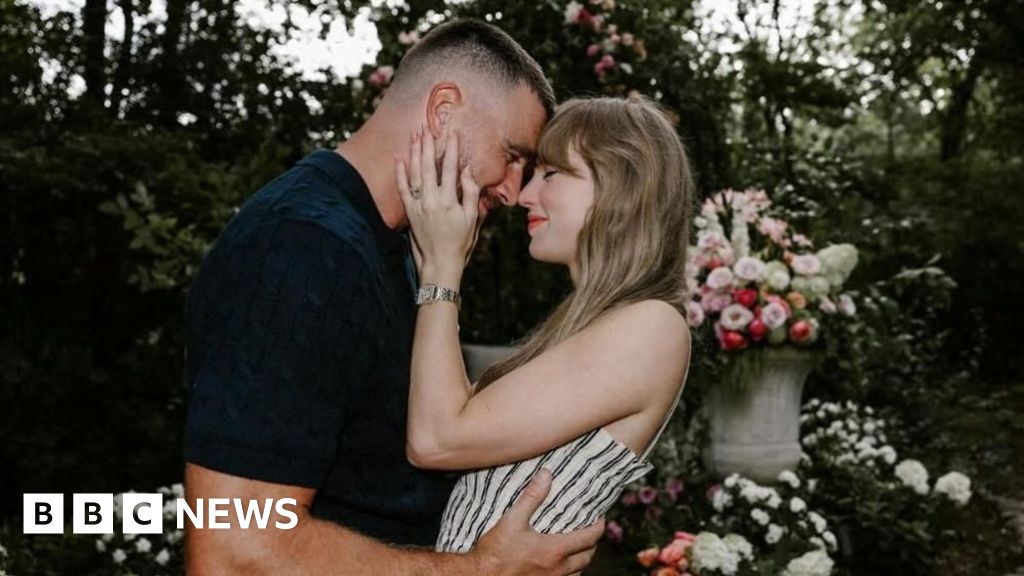In May, misinformation surrounding a supposed coup in Ivory Coast created panic among its residents, with social media platforms inundated with alarming posts and videos. Mafalda Marchioro, a concerned consultant in Abidjan, was among many asking if there was real danger. The dramatic claims were ultimately unfounded, adding to a worsening trend of false coup rumors that have plagued West African nations, particularly against a backdrop of ongoing military takeovers in the region.
Ivory Coast's upcoming presidential elections and the prospect of President Alassane Ouattarra seeking a fourth term have made the nation vulnerable to such misinformation, particularly due to critics viewing Ouattarra's Western alignment as a point of contention. Communications Minister Amadou Coulibaly indicated that the false reports traced back to "neighbouring countries," hinting at increased tensions with Burkina Faso, where the dialogue has been shaped by rising pan-Africanist sentiments.
These influencers have sought to leverage divisive narratives by fueling fears about the political landscape in Ivory Coast and promoting anti-Western ideologies connected to leaders like Burkina Faso's military captain, Ibrahim Traoré. The influencers have established a following among youth disenchanted by traditional political systems, often depicting themselves as champions of African unity and liberation while earning traction through sensationalist content.
The fake coup narrative was notably amplified on social media channels, with individuals like Harouna Sawadogo from Burkina Faso calling for military action against the Ivorian government. As misinformation surged, platforms like TikTok and YouTube saw millions of views on videos supporting the false allegations, with many influencers openly expressing their desire to see Ouattarra ousted.
Experts suggest that these misleading narratives not only erode public trust in political institutions but also appeal to wider sentiments for more accountable leadership in Africa. However, concerns arise regarding the risk posed by such disinformation and its potential to instigate real-world unrest when divisions and sentiments escalate across the region.
As Ivory Coast anticipates elections this October, the implications of viral misinformation potentially fuel greater tensions and unrest, showcasing the urgent need for critical engagement with information circulated online.
Ivory Coast's upcoming presidential elections and the prospect of President Alassane Ouattarra seeking a fourth term have made the nation vulnerable to such misinformation, particularly due to critics viewing Ouattarra's Western alignment as a point of contention. Communications Minister Amadou Coulibaly indicated that the false reports traced back to "neighbouring countries," hinting at increased tensions with Burkina Faso, where the dialogue has been shaped by rising pan-Africanist sentiments.
These influencers have sought to leverage divisive narratives by fueling fears about the political landscape in Ivory Coast and promoting anti-Western ideologies connected to leaders like Burkina Faso's military captain, Ibrahim Traoré. The influencers have established a following among youth disenchanted by traditional political systems, often depicting themselves as champions of African unity and liberation while earning traction through sensationalist content.
The fake coup narrative was notably amplified on social media channels, with individuals like Harouna Sawadogo from Burkina Faso calling for military action against the Ivorian government. As misinformation surged, platforms like TikTok and YouTube saw millions of views on videos supporting the false allegations, with many influencers openly expressing their desire to see Ouattarra ousted.
Experts suggest that these misleading narratives not only erode public trust in political institutions but also appeal to wider sentiments for more accountable leadership in Africa. However, concerns arise regarding the risk posed by such disinformation and its potential to instigate real-world unrest when divisions and sentiments escalate across the region.
As Ivory Coast anticipates elections this October, the implications of viral misinformation potentially fuel greater tensions and unrest, showcasing the urgent need for critical engagement with information circulated online.



















